News: climate change
Research ties fossil fuel projects to warming, climate disasters
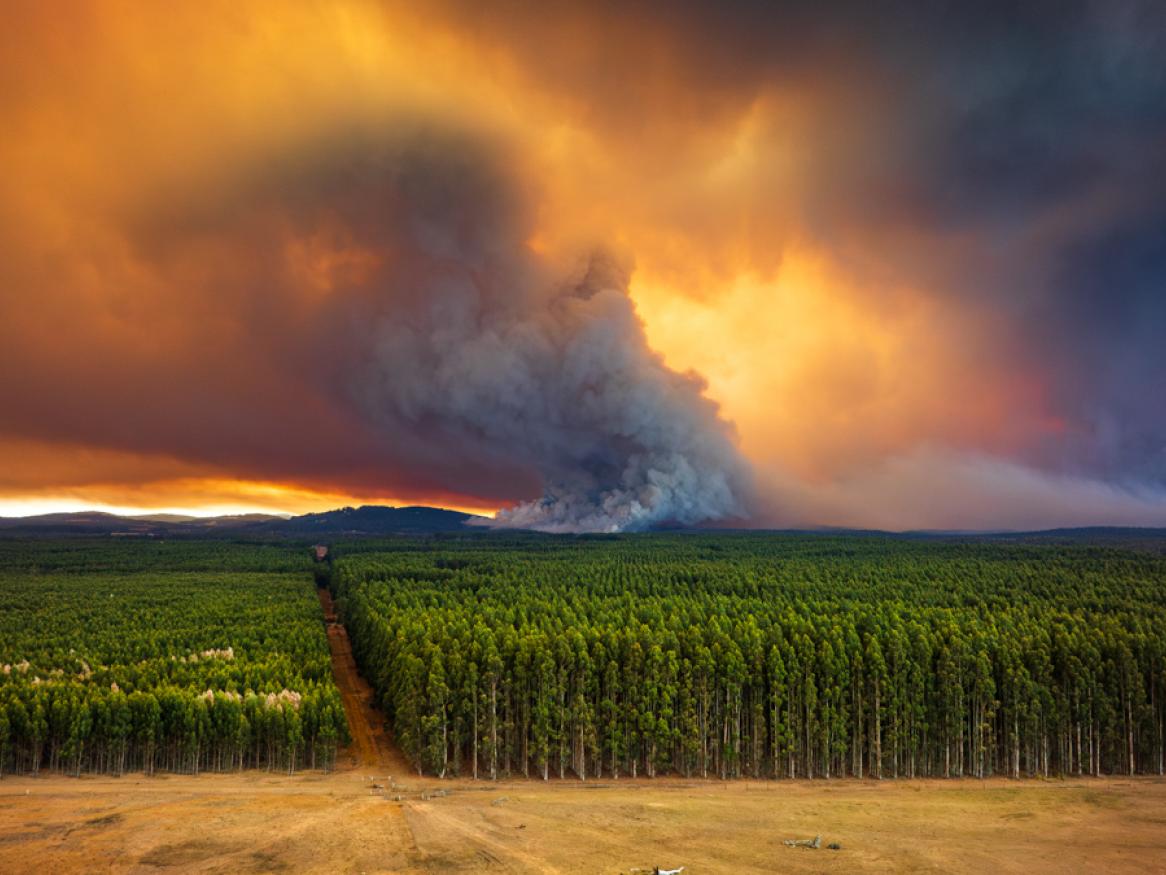
An emissions-impact calculation method used by the Intergovernmental Panel on Climate Change (IPCC) has been employed to assess the amount of warming a single Australian fossil fuel project will cause based on its projected CO2 emissions, and the follow-on impacts to human health and the environment.
[Read more about Research ties fossil fuel projects to warming, climate disasters]
Arctic reindeer populations could decline by 80 per cent by 2100

Researchers predict that future climatic change is likely to cause declines in reindeer abundances and their distribution at rates rarely seen over the last 21,000 years.
[Read more about Arctic reindeer populations could decline by 80 per cent by 2100]
Climate change is turning coastal lagoons into ‘salty soup’
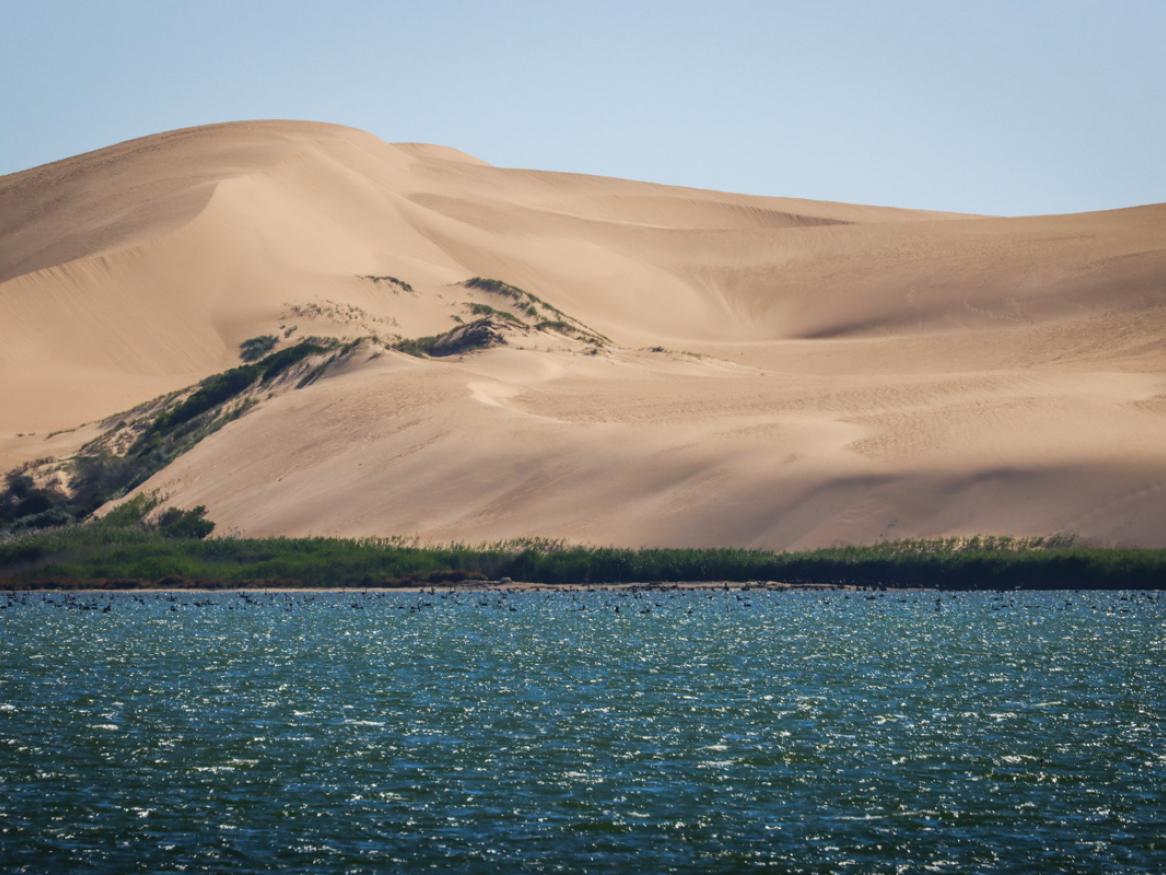
The impacts of human activity and climate change are coalescing to make coastal lagoons saltier, changing the microbial life they support and the function they play in their ecosystems, according to new University of Adelaide research.
[Read more about Climate change is turning coastal lagoons into ‘salty soup’]
Extreme heat poses threat to mental health

Rising temperatures across Australia could increase the burden of mental and behavioural disorders (MBD) by almost 50 per cent by 2050, according to a new study from the University of Adelaide. The research highlights the urgent need to act now to protect mental health as the climate warms.
[Read more about Extreme heat poses threat to mental health]
Exploring motivations and barriers for climate change activists

Social media posts, online petitions, writing to politicians and donating to environmental groups have been identified as popular starting points for climate activists, according to research from the University of Adelaide.
[Read more about Exploring motivations and barriers for climate change activists]
Wave modelling important to predict climate change’s effect on sea ice

University of Adelaide researchers have developed a new theoretical model to predict the distances ocean waves can travel to break up sea ice.
[Read more about Wave modelling important to predict climate change’s effect on sea ice ]
Tropical fish are invading Australian ocean water
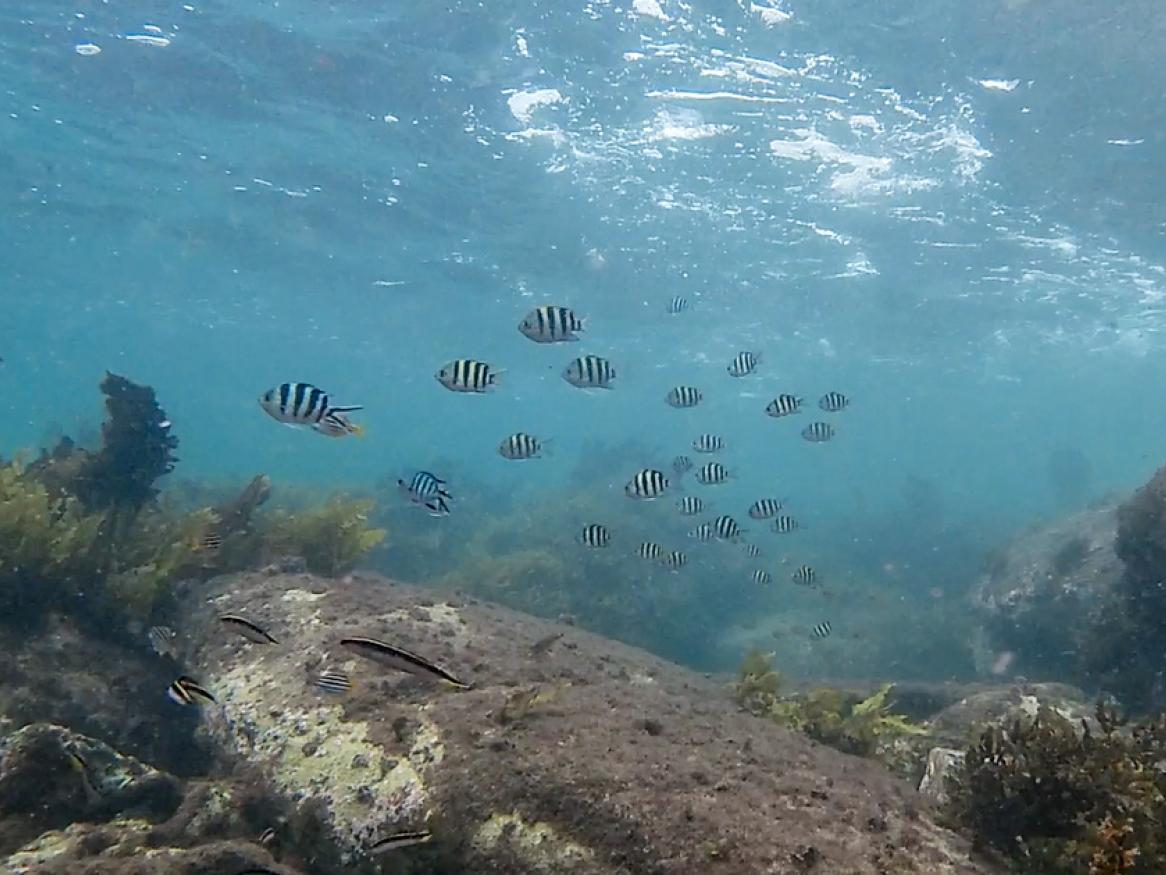
A University of Adelaide study of shallow-water fish communities on rocky reefs in south-eastern Australia has found climate change is helping tropical fish species invade temperate Australian waters.
[Read more about Tropical fish are invading Australian ocean water]
Heat stress from ocean warming harms octopus vision
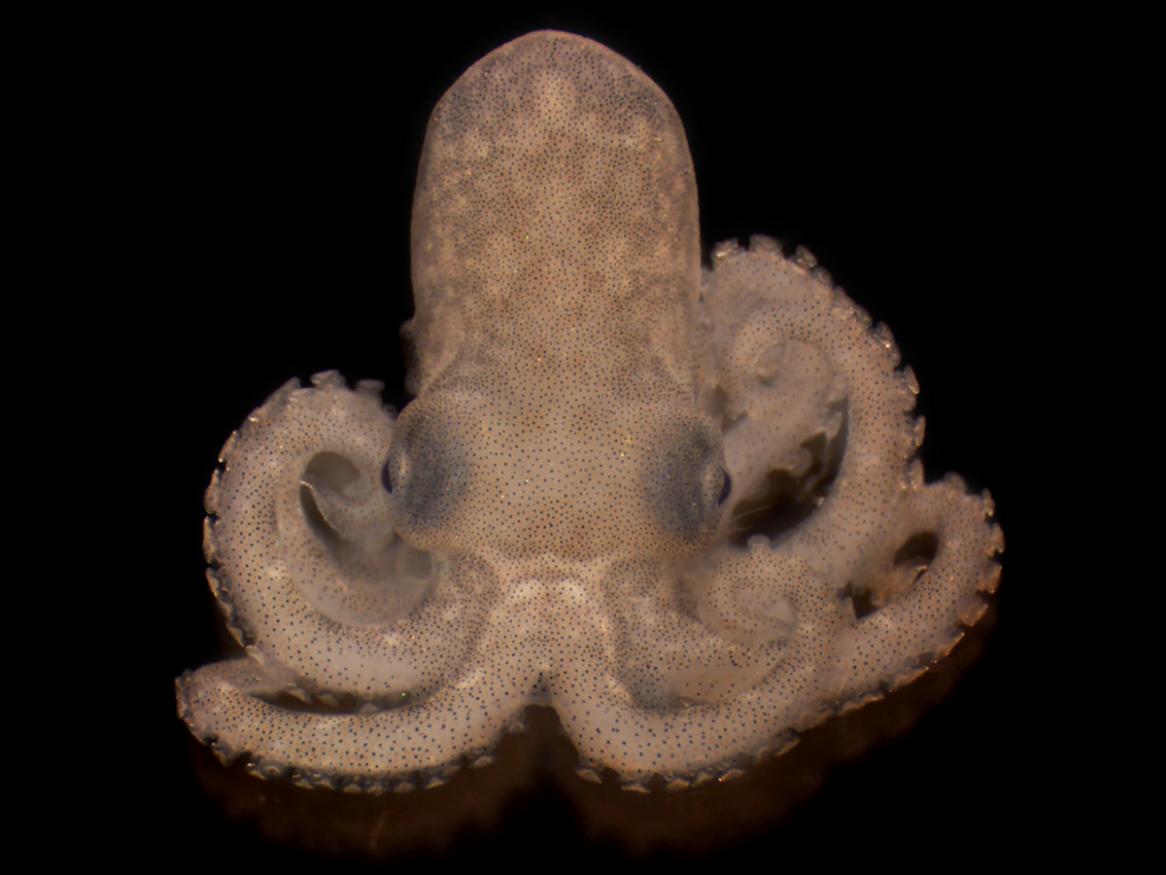
While climate change has led to an increase in the abundance of octopuses, heat stress from projected ocean warming could impair their vision and impact the survivability of the species.
[Read more about Heat stress from ocean warming harms octopus vision]
Climate change impacts terrorist activity
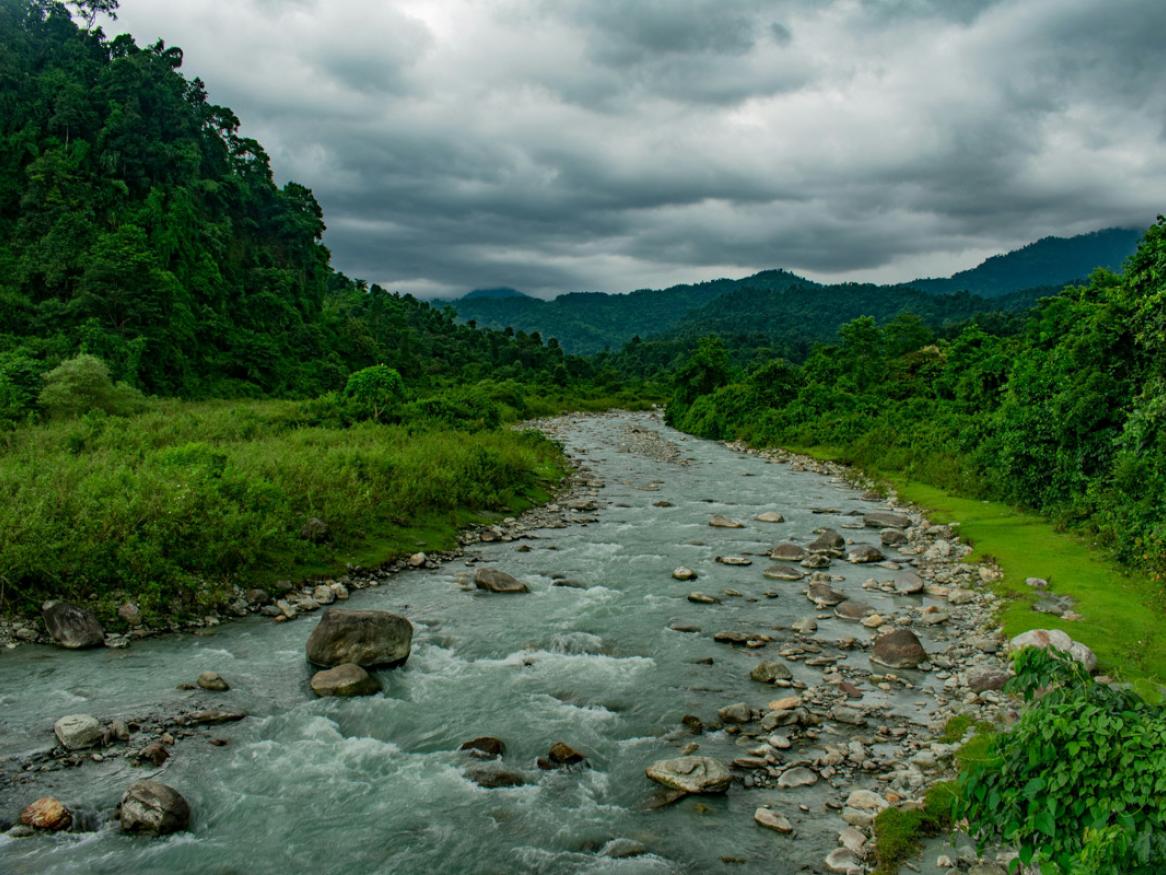
Changing weather patterns induced by climate change are contributing to shifts in the location of terrorist activity, according to new research.
Excess temperatures cause low flocking concerns
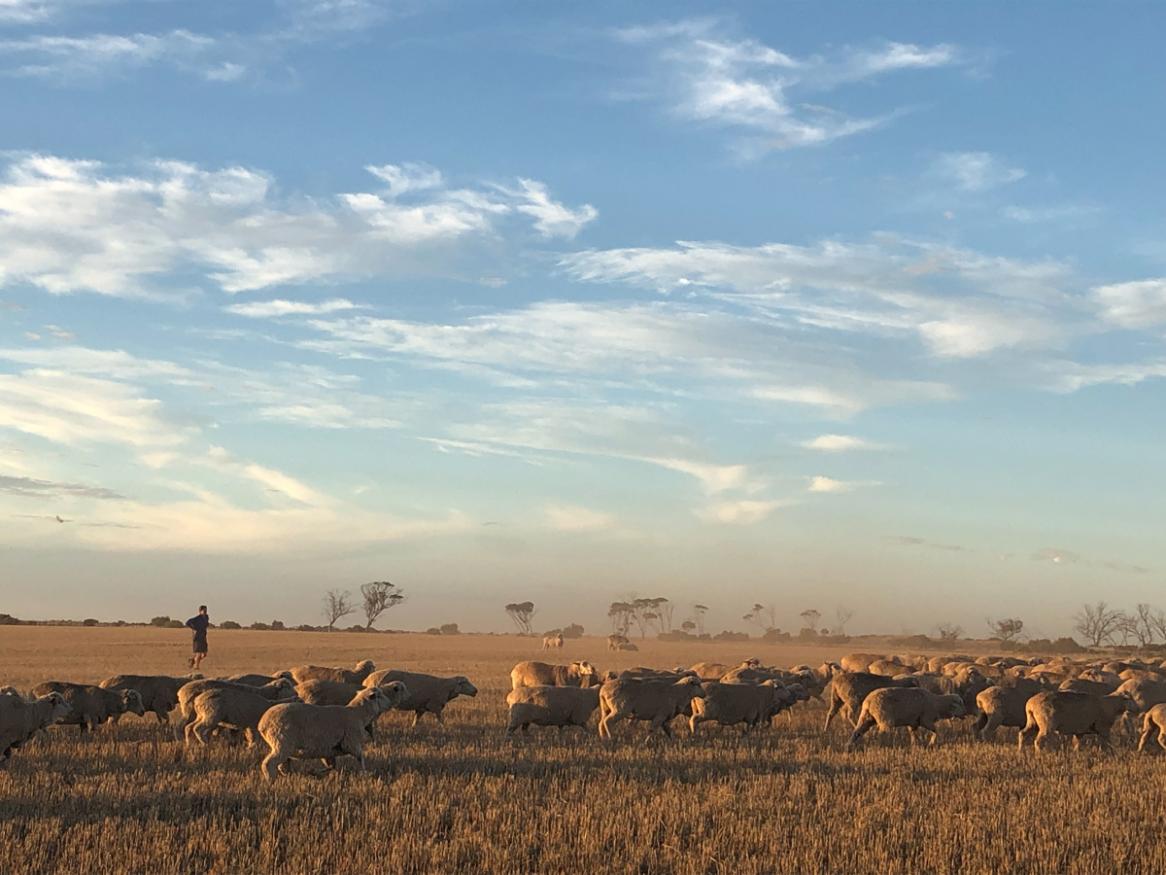
High temperatures during critical periods of the reproductive cycle of sheep result in 2.1 million fewer lambs produced in Australia each year, costing sheep farmers an estimated $97 million annually.
[Read more about Excess temperatures cause low flocking concerns]
